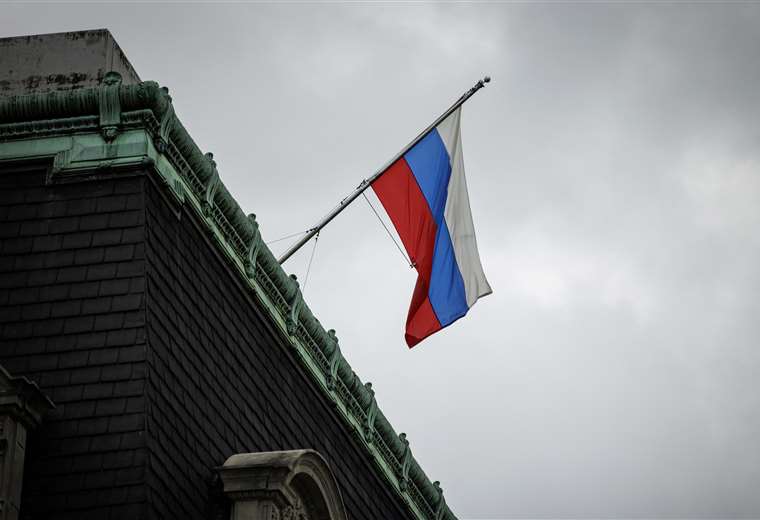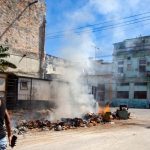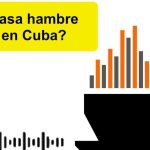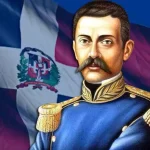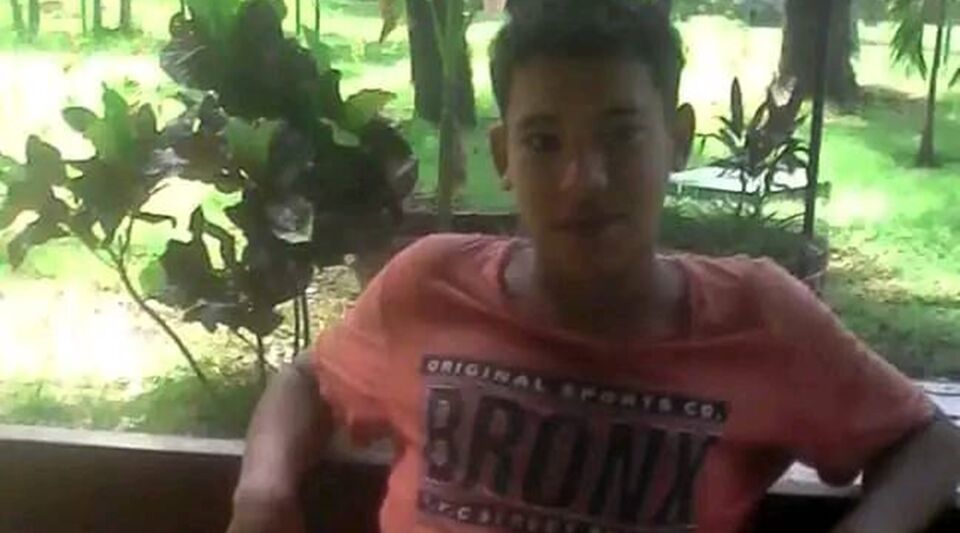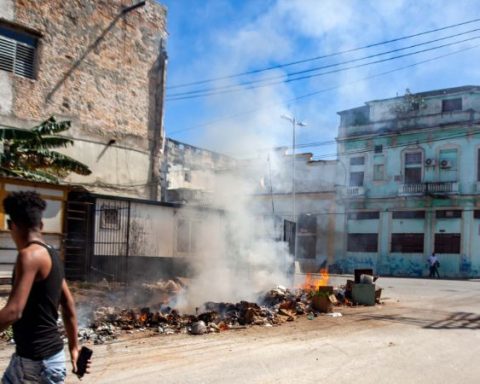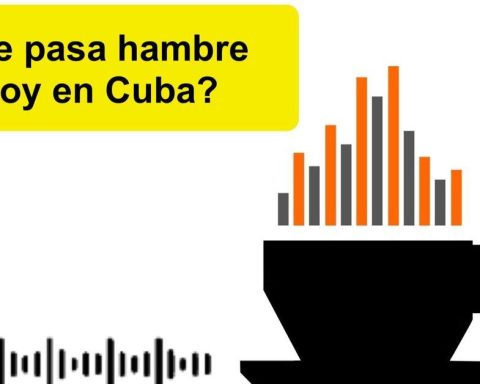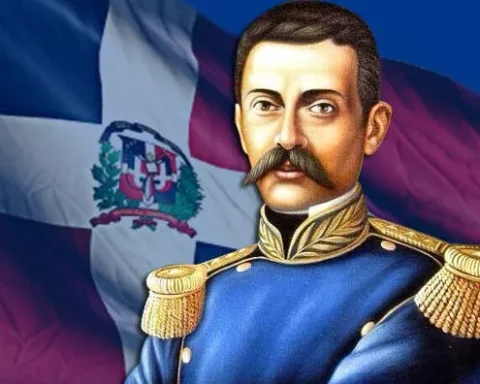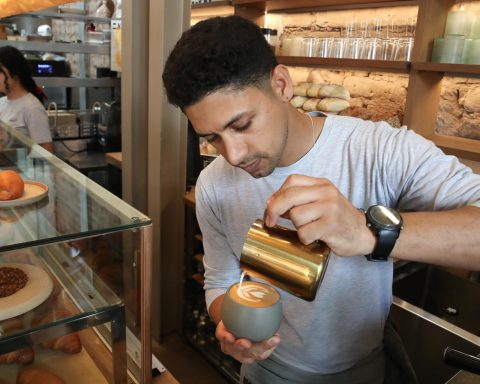The Wagner militia rebellion confronts Vladimir Putin with one of the biggest challenges of his more than two decades in power, during which he silenced opposition and tried to rebuild a “Greater Russia” depleted by the collapse of the Soviet Union. .
the irruption
In August 1999, Boris Yeltsin, Russia’s first president after the breakup of the Soviet Union, appointed an almost unknown man, Vladimir Putin, prime minister. This former head of the FSB (ex-KGB) quickly gained an image as a strong man in a country traumatized by a series of attacks attributed to Chechen independentists, which left almost 300 dead.
Yeltsin, weakened by illness and alcohol, resigns on December 31, and Putin succeeds him in the March 2000 presidential election.
Chechen War
From 2000 to 2009, the conflict against the Chechen and Islamist rebels, marked by the arocities and the bombardments of Grozny, caused tens of thousands of victims.
Several hostage takings claimed by the rebellion end in lethal operations by Russian forces, such as in the Moscow theater (850 hostages and 130 dead) and in a school in Beslan, in North Ossetia (more than 1,000 hostages and 330 dead, of which 186 children).
first twist
During his first two terms, Putin strengthens his influence in Parliament, places regional governors under Moscow’s control, bolsters the FSB and brings the media and powerful oligarchs to heel. Mikhail Khodorkovsky, owner of the Yukos oil group, resists and sets an example: he spends 10 years in jail.
In 2006, the death of power-critical journalist Anna Politkovskaya and the polonium-210 poisoning of former Russian spy Alexander Litvinenko sparked a wave of global outrage.
The Medvedev parenthesis
The Constitution prohibits a third consecutive term and Putin designates as his successor his subordinate Dmitri Medvedev, elected on March 2, 2008 without real rivals. Without losing any of his influence, Putin becomes prime minister.
War in Georgia
In August 2008, the Russian military intervenes in Georgia, a NATO candidate former Soviet republic, after the government tried to retake control of a pro-Russian separatist territory. Moscow crushes the Georgian army.
The return
At the end of 2011, a wave of protests broke out after accusations by the opposition of fraud in the legislative elections. Tens of thousands of people demonstrate every week in Moscow.
Putin, re-elected president in March 2012, brutally suppresses the marches.
The “Great Russia”
Putin wants to restore “Great Russia” by annexing the Ukrainian peninsula of Crimea in 2014, under the pretext of fighting a revolution in kyiv, promoted, according to him, by Western powers.
This operation sparks a war in eastern Ukraine with pro-Russian separatists.
Syria
As of 2015, the Russian military supports Syrian President Bashar al-Assad, whose troops are fighting rebel and jihadist forces.
The intervention saves the regime and Russia gains weight in the Middle East, especially after massively bombing cities like Aleppo.
clear opposition
Since 2020, the Kremlin has launched a policy of systematic repression. His main victim is Alexéi Navalni.
This sworn enemy of Putin, who, after having survived a poisoning -which he attributes to the Kremlin-, is serving a sentence of nine years in prison and could be sentenced to three decades in prison in a trial that is taking place at the moment.
NGOs, internet pages, media and critical social networks are blocked in Russia.
invasion of Ukraine
On February 24, 2022, Putin sends his army into Ukraine, arguing that he wants to save the Russian minority in the country and “denazify” this former Soviet republic, which he sees as too close to NATO.
armed rebellion
In a televised speech on June 24, 2023, Putin denounces a “mortal threat” and the risk of a “civil war” following the armed rebellion led by the head of the Wagner paramilitary group, Yevgeny Prigozhin, against the military command, which he accused of having bombed his troops.
